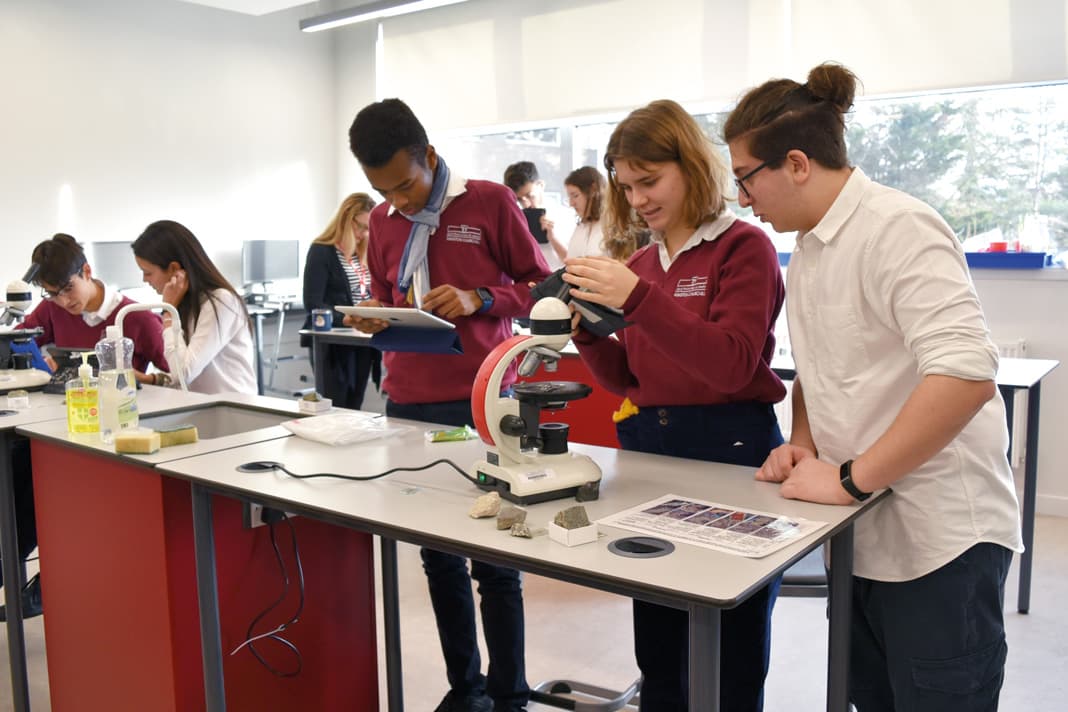The pandemic has underscored our interdependency and need for connection, says the International Programme Coordinator at Lycée International de Londres Maaike Kaandorp
The COVID-19 crisis prompted many countries to turn inward and focus on the needs of their own people. But the inexorable trend toward globalisation is bound to re-emerge when the pandemic fades. That’s why we’ve never wavered from our mission to educate students concurrently in at least two languages and to give them the cultural awareness they need to succeed as global citizens in the 21st century.
The world is changing quickly and nations are continuing to become more interdependent, whether in trade or in public health. Language learning unlocks access to this emerging world because bilingual people can not only communicate more widely but also build bridges between societies. Equally important, learning in multiple languages gives students a more nuanced understanding of the material they’re studying because they learn to see it from different perspectives.
Isn’t it enough to speak just English these days when it comes to business and entertainment? No, is the answer. Counting on other people to span the gap lessens the opportunity for interpersonal connection and can lead to misunderstandings. What’s more, there are benefits to bilingualism at a personal level that go far beyond international exchange.

The students at our school, for instance, have very diverse backgrounds and needs. Some of them have parents from two different countries, say Britain and France. Or maybe their parents are both native French speakers but they grew up in the US or another country, attending school in English. Mastering both French and English puts them in touch with different sides of their identity, helps them appreciate their background, and boosting their self-esteem.
“Bilingual people can not only communicate more widely but also build bridges between societies”
Being bilingual opens yet more doors after graduation. Our students are admitted to universities all over the world — the US, Canada, the Netherlands, and, of course, Britain and France. This is partly due to their language skills but also because they often have more self-confidence. Their education gives them a greater awareness of the links between languages and cultures, and they are less afraid of engaging with others than students who haven’t had the same opportunity. Furthermore, their ability to tap into sources in different languages helps them develop strong critical thinking skills and broader understanding of particular topics.
That can lead eventually to better career opportunities. Studies have shown that even in the US, people who speak additional languages have preference in hiring. As the job market becomes more global, inter-cultural understanding and awareness are becoming appreciated as critical components of professional success.
To accommodate the myriad needs of our families and community, Lycée International de Londres Winston Churchill has crafted curricula that learn more heavily toward French or toward English, including an authorised English-language International Baccalaureate Diploma Programme. But in the end, the goal is the same: helping students get ready for a world that needs their talents to move beyond the understandable self-interest of recent times into greater mutual support and cooperation.
You may also like...

























